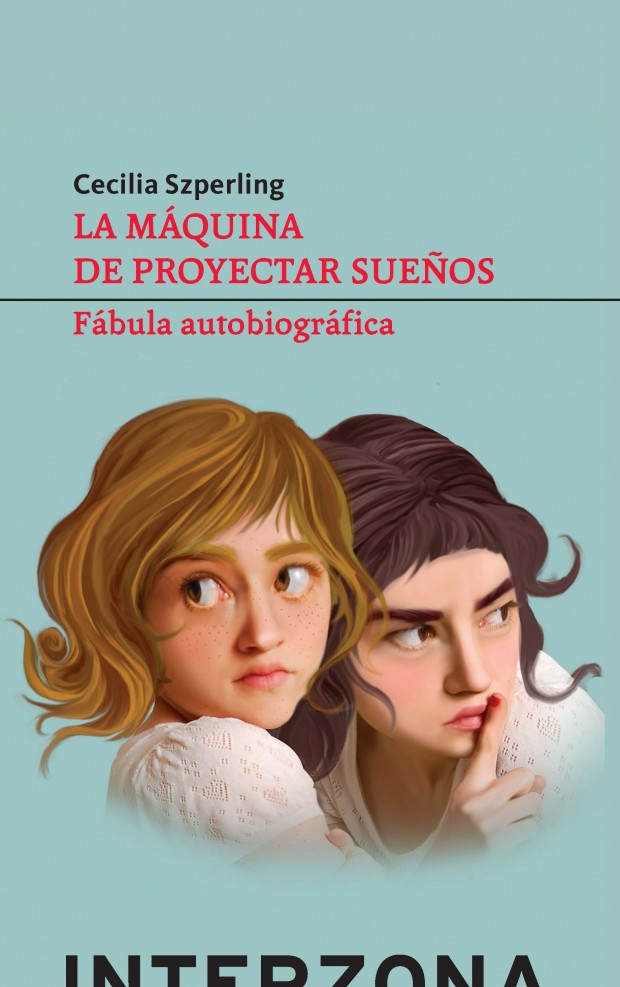“I’m ten years old”. Going against the trendy creed that recalling avoids repetition, The Dream Projector does what you’re not supposed to do: remember in the present – to the dismay of the narrator who is condemned to relive everything with the clarity of a hallucination – and to the delight of we readers, living witnesses to a slideshow of the life of a looney, lunatic girl which begins with the terrors of the night and finishes – or starts again – in literature. – Alan Pauls
“Happy families are all alike; every unhappy family is unhappy in its own way”, is the brilliant opening to a work in Russian, which presents a challenge to translate. Cecilia Szperling gives us a fable which appears to emerge from her Polish ancestry and has something of the dreamy wakefulness of the great tales – deep, vertical – by Bruno Schultz. Between happy and unhappy families, between childhood innocence and the beginning of adolescence is where the powerful narrative by this singular Latin American writer evolves. – Fabián Casas
“If it were necessary to found an academy of femininity, I would not hesitate to propose Cecilia Szperling as its director. I believe that Cecilia Szperling is the number one specialist in books about girls. Each one of her texts functions, in a certain way, as a guide to etiquette, a training compendium for girls…or as a personal record of living in a boarding school run by nuns?
The Dream Projector begins where novels for boys end: at the not always congenial fireside. Delectable minor transgressions, pink nightgowns, envy, bad thoughts, smoldering venom, these are the biological ingredients Cecilia Szperling works with in her chemistry lab. The Dream Projector is not a book. It is a pharmacopoeia”. – Laura Ramos
